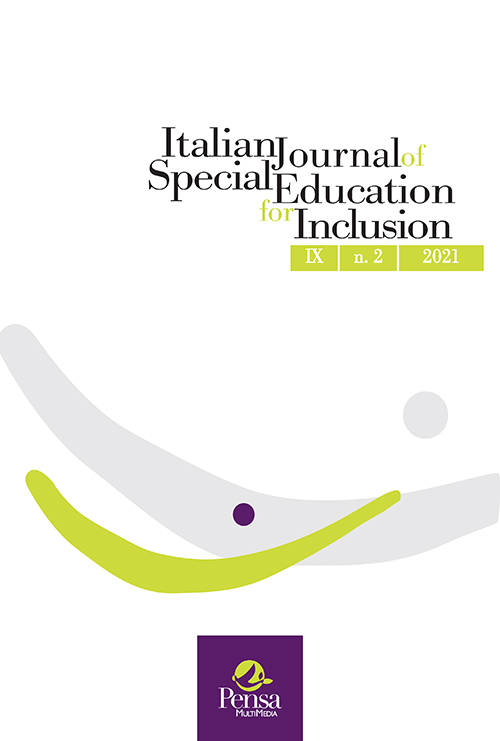Intellectual disability and cultural accessibility. A proposal to facilitate access to information in museums.
DOI:
https://doi.org/10.7346/sipes-02-2021-10Abstract
Visiting museums is an integral part of school activities. The participants in the visits are heterogeneous student groups in terms of their motivational, sensory, physical, intellectual or linguistic characteristics. Based on this premise, this paper aims to examine the factors that favour a visit to a museum, bearing in mind the differences that characterise potential visitors. and the possibility of designing proposals that can be enjoyed by the largest possible audience. The attention of the work is mainly focused on a target of the school population that has the characteristics of medium-mild intellectual disability, a condition that generally affects the ability to process and understand messages with complex contents. However, this does not mean that there is no motivational drive, on the part of this target population, towards the world of culture and the opportunities it offers. Accessibility becomes the key word, and in this work it is identified with the theme of communication through written information. The contribution includes a first sample survey, aimed at analysing the most evident problems of descriptive texts. This is followed by a hypothesis on the use of simple analysis tools to facilitate simplification work by teachers and/or museum education designers.


